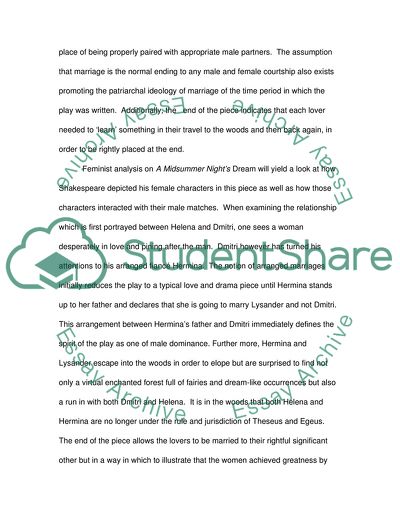Cite this document
(Love and Transcendence: A Feminist Approach Essay, n.d.)
Love and Transcendence: A Feminist Approach Essay. https://studentshare.org/literature/1714823-love-transcendence
Love and Transcendence: A Feminist Approach Essay. https://studentshare.org/literature/1714823-love-transcendence
(Love and Transcendence: A Feminist Approach Essay)
Love and Transcendence: A Feminist Approach Essay. https://studentshare.org/literature/1714823-love-transcendence.
Love and Transcendence: A Feminist Approach Essay. https://studentshare.org/literature/1714823-love-transcendence.
“Love and Transcendence: A Feminist Approach Essay”. https://studentshare.org/literature/1714823-love-transcendence.


